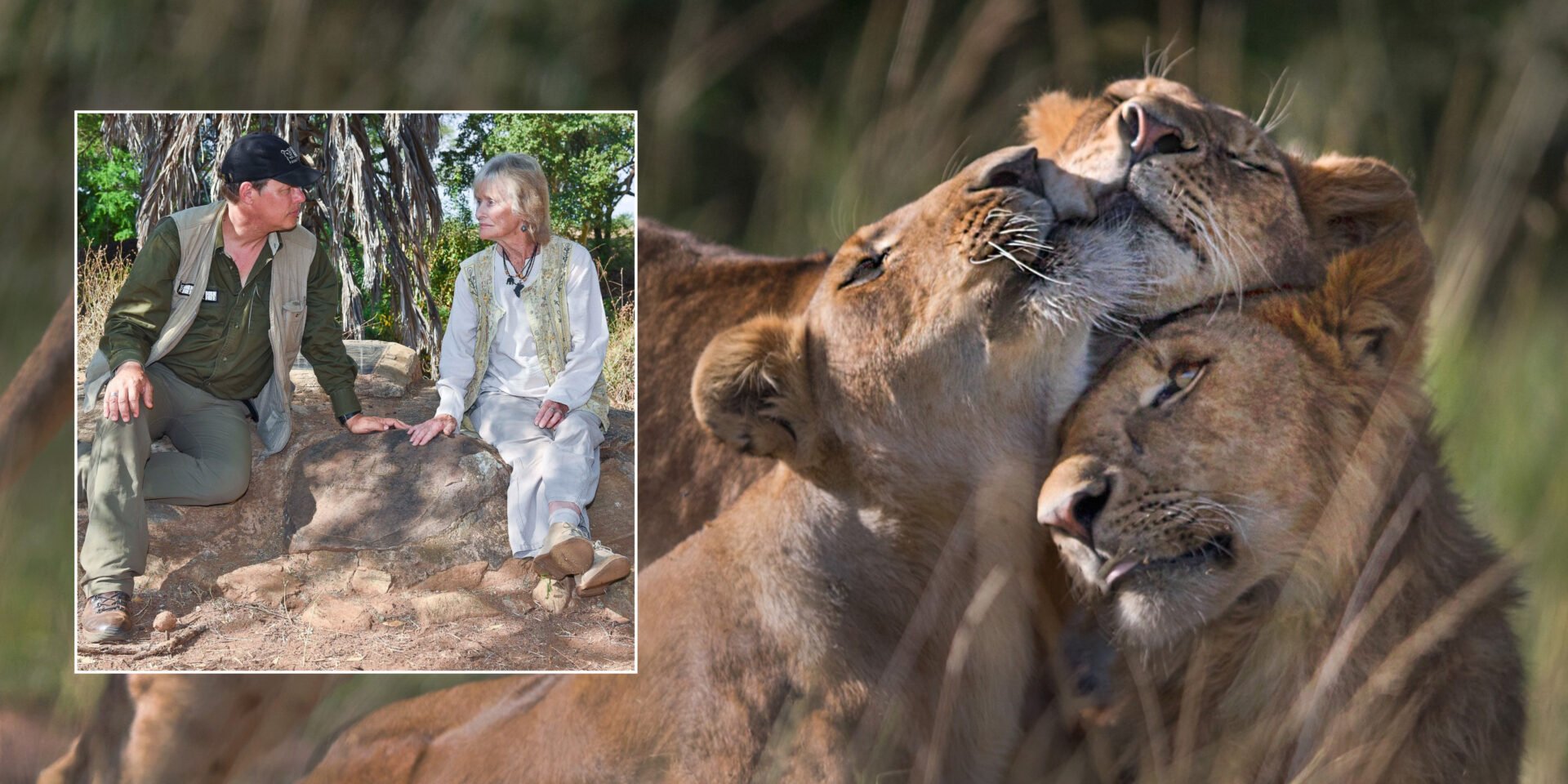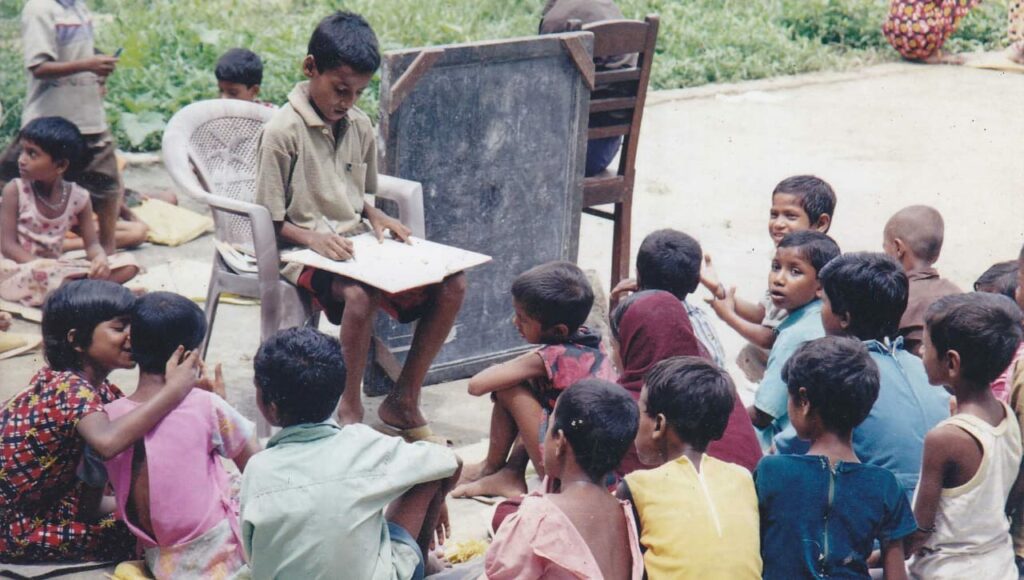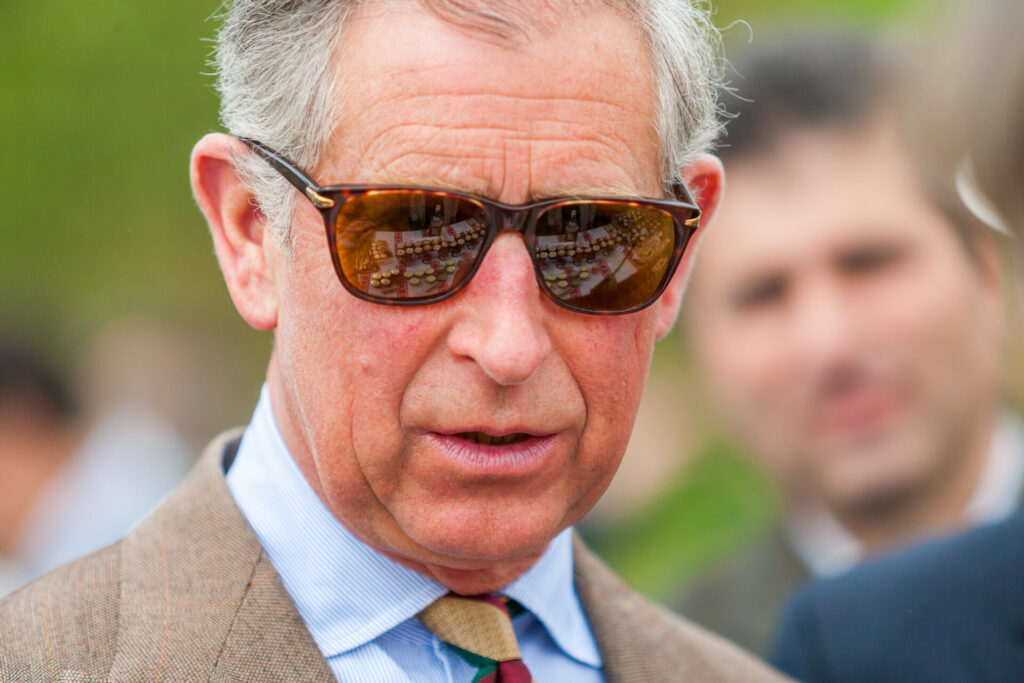The first time Will Travers OBE came close to a lion was on the set of his parents’ iconic award-winning film Born Free when he was just five years old.
He’d jetted out to Kenya for 10 months while his mother, actress Virginia McKenna and father, actor Bill Travers, shot the movie, which told how conservationists George and Joy Adamson raised an orphaned lion cub, Elsa, and successfully reintroduced her into the wild.
Making the film meant working closely with 20 lions and it had a profound effect on his parents who, together with Will, set up the Born Free Foundation to stop the suffering of wild animals and help protect threatened species.
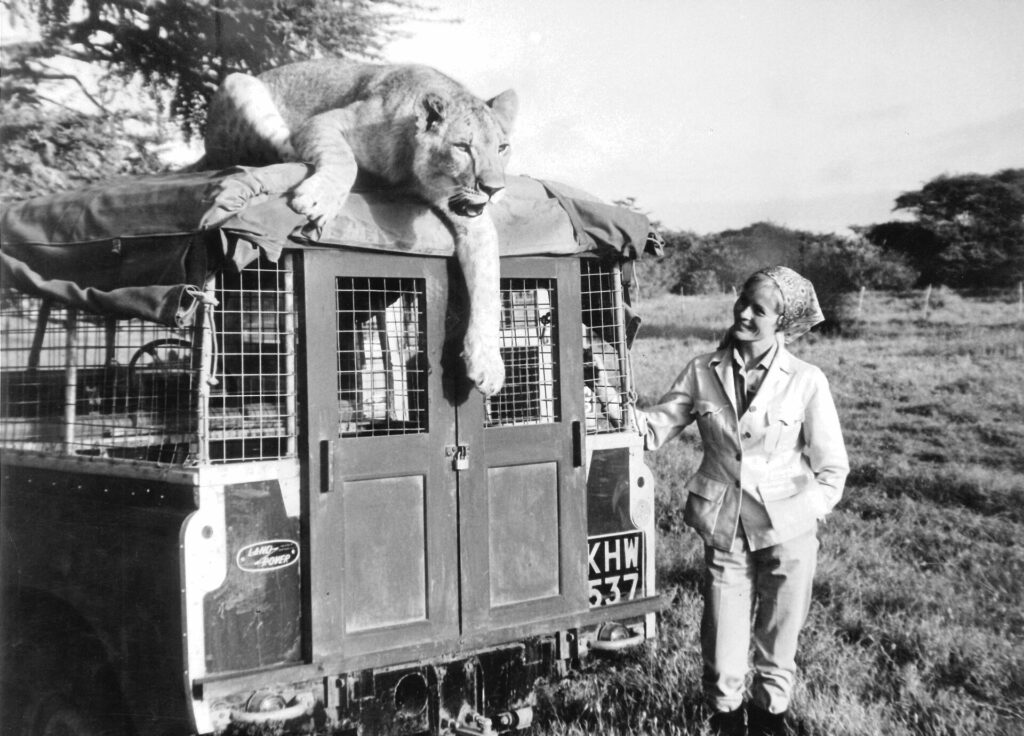
Will, who has climbed Mount Kilimanjaro twice to raise money to care for the big cats they rescue, is particularly proud that they have increased the population of wild lions in Kenya by 25 per cent since 2010. His mother is now 91 but still involved in conservation and the foundation of which he is president. Sadly, his father died suddenly in 1994.
The foundation has declared 2022 The Year Of The Lion in what would have been his father’s 100th birthday and a pride of life-size bronze statues are touring the UK as part of the Born Free Forever exhibition to raise awareness and much-needed funds to help save lions and find them new homes.
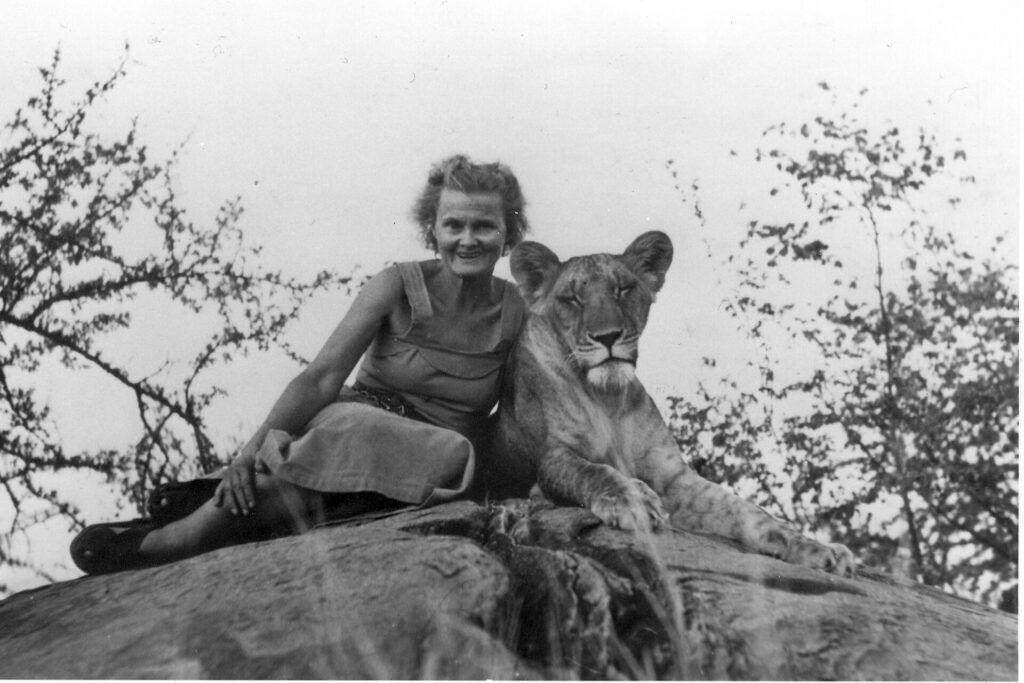
Here, Will, 63, speaks to The Ethicalist about his life-long love for the big cats as well as caring for gorillas, giraffes, elephants, bears and even orcas that the foundation rescues from captivity, persecution and exploitation including zoos and circuses.
The Ethicalist: You first went to Kenya when you were just five because your parents were making Born Free out there. How did that shape your life?
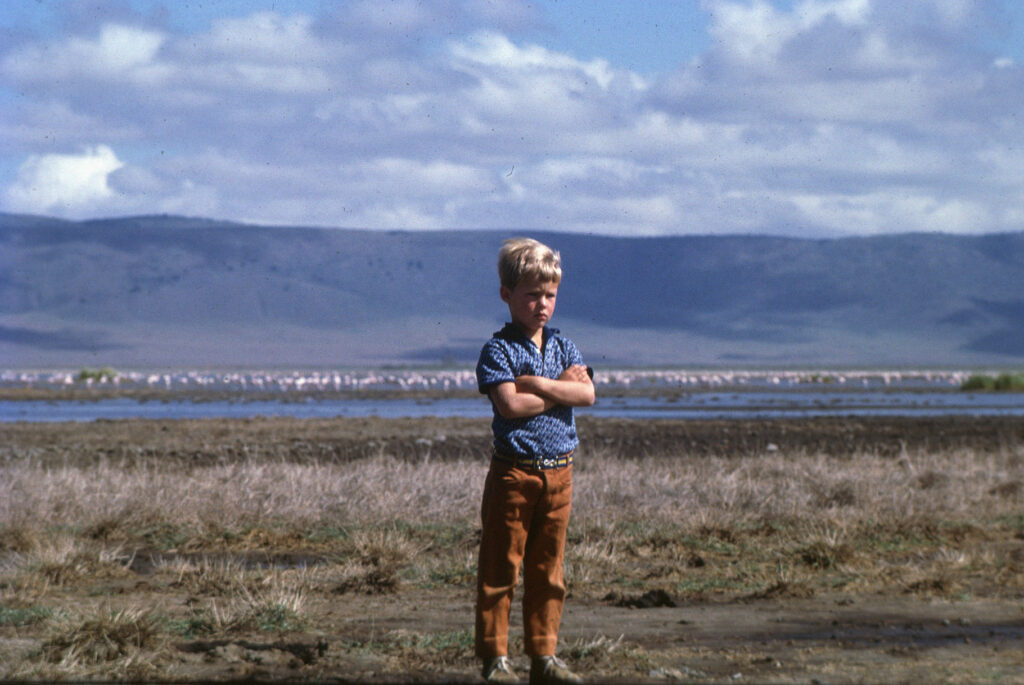
Will: It was an extraordinary time. Mum and Dad were up at 5.30am to work with lions all day filming and I had to do two hours of home schooling with a tutor a day before I could go off and watch birdlife, look at insects and ride horses. It was magical and gave me a real appreciation of nature and wildlife.
The Ethicalist: So when did you first come face to face with a lion?
Will: We were taken to the set one day and saw the lions in the holding enclosures – there were about 20 of them. I was fascinated but we weren’t allowed to get too close as little children are too loud and unpredictable. The film came out in 1966 and it’s amazing to watch it now. My parents are with real lions – they’re not CGI like they are in the Life of Pi, for example, and there were no stunt doubles. My mum and dad did everything themselves, which could be very dangerous.
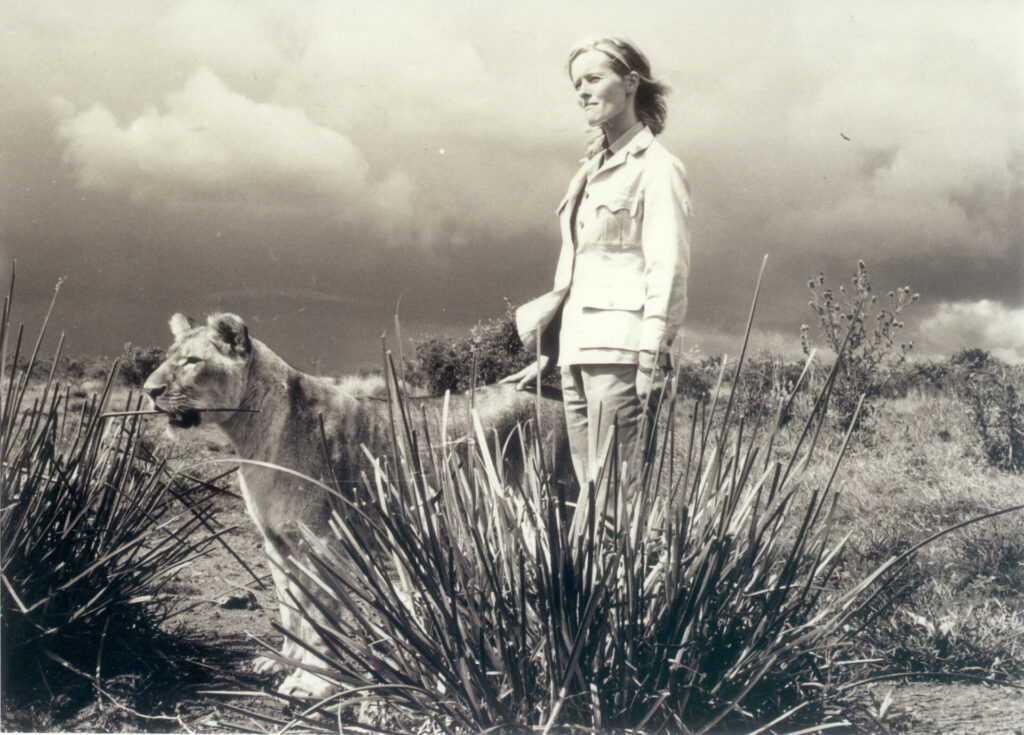
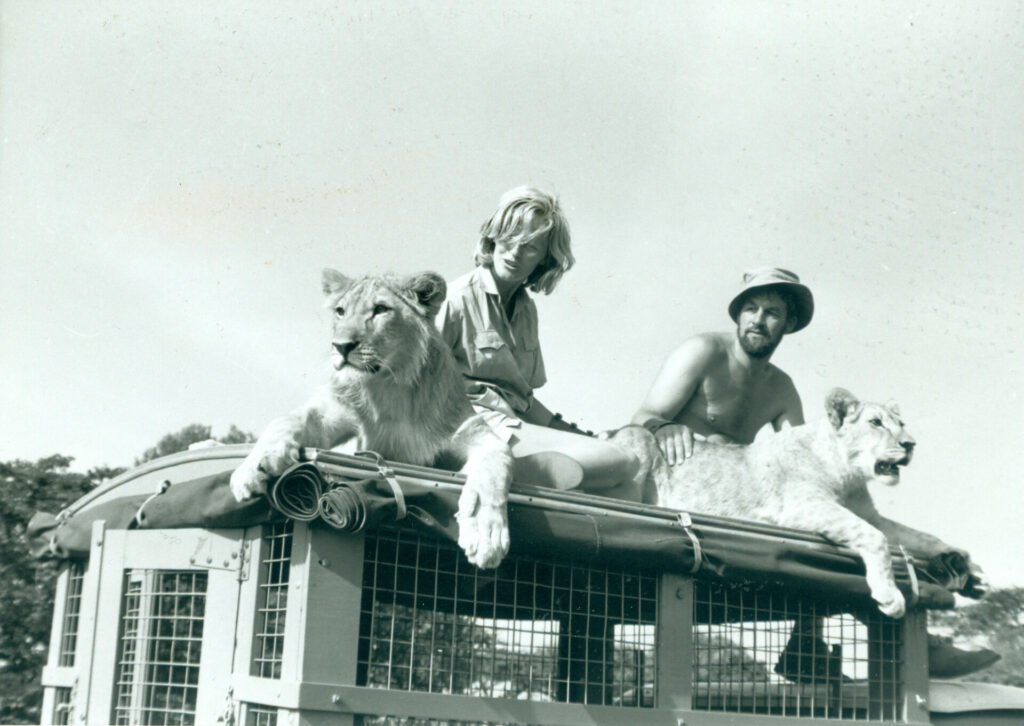
My dad was pinned down by a lion during one training session. The lion came from a circus as the film makers mistakenly thought they would be more compliant when, in fact, they’re more aggressive and who can blame them?
My mum had her leg broken while she was playing a game with the lions. They were crouched in the grass pretending to hunt gazelles but then she stood up because her leg was sore and a male lion called Boy lunged at her for spoiling the game and knocked her over. He weighed around 60kg and landed on my mum’s leg, breaking her ankle.
My father had to take off his shirt and wriggle it through the grass to distract the lion and then grab my mum and rush her to safety. A lion is a wild animal and they are hard-wired to react to anything that could be considered a threat, no matter how much they like you and consider you a friend.
After my parents finished filming, we all went on safari in Kenya and Tanzania and saw animals such as elephants and cheetahs in the wild. That’s what started our passion with wildlife and the belief that wild animals should be in the wild and not in a zoo or in captivity of any kind.
The Ethicalist: Other children have dogs, cats and rabbits as pets but you had a lion called Christian. Why was that?
Will: When I was 10 my father went to a furniture shop on the King’s Road in London and two Australians, Ace and John, said: ‘We have something to show you in the basement.’ It was a lion cub, about five months old, called Christian. They had seen him for sale in Harrods and they bought him as they were so worried what would happen to him.
Dad brought Christian home and we built a special enclosure in the back garden and I could look out of my bedroom window at him. He, and Ace and John, lived with us for about four or five months until Dad persuaded the Kenyan government to allow us to return Christian to the wild.
A year later Ace and John went to Kenya to look for him and were approaching some rocks when Christian appeared and leapt into their arms. He recognised them. Their reunion was captured on film, which still gives me goosebumps when I watch it.
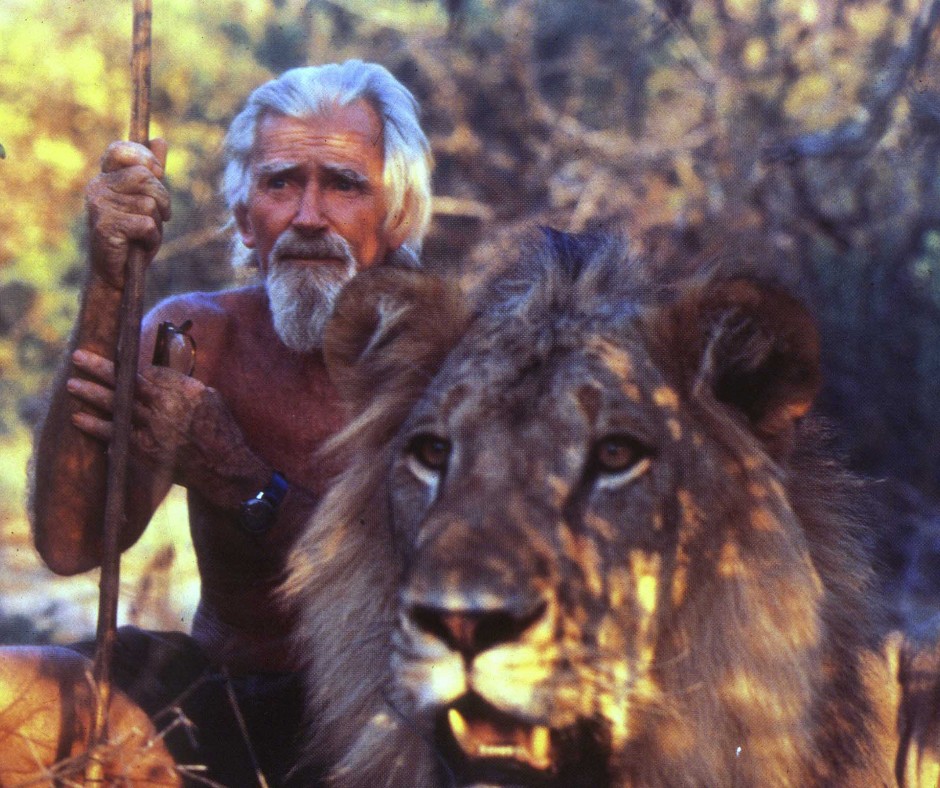
The Ethicalist: What are the biggest problems that lions face?
Will: Canned hunting is horrific. I thought that trophy hunting was bad – and it is truly – but canned hunting, where lions are held captive in facilities where they breed lions to be shot, is beyond anything you can imagine.
With trophy hunting there is a chance that the lion can get away. These lions have no chance. The cubs are taken away from their mothers at one week old and described as abandoned so that volunteers pay money to come and feed them. Then tourists pay to go for a walk with a lion, as if it is some bucket-list experience, and when the lions are too big to do that anymore, they are kept in warehouses and marketed as trophies.
You can go on the website, choose your lion to kill and pay between $10,000 – $15,000 to come over for two to three days to kill it. It’s a guaranteed trophy.
Thankfully, the government in South Africa has declared an end to this and are forming a panel on exactly how to do that. There are currently around between 10,000 – 12,000 lions in these canned hunting captive facilities. We have written to the government asking to be on the panel.
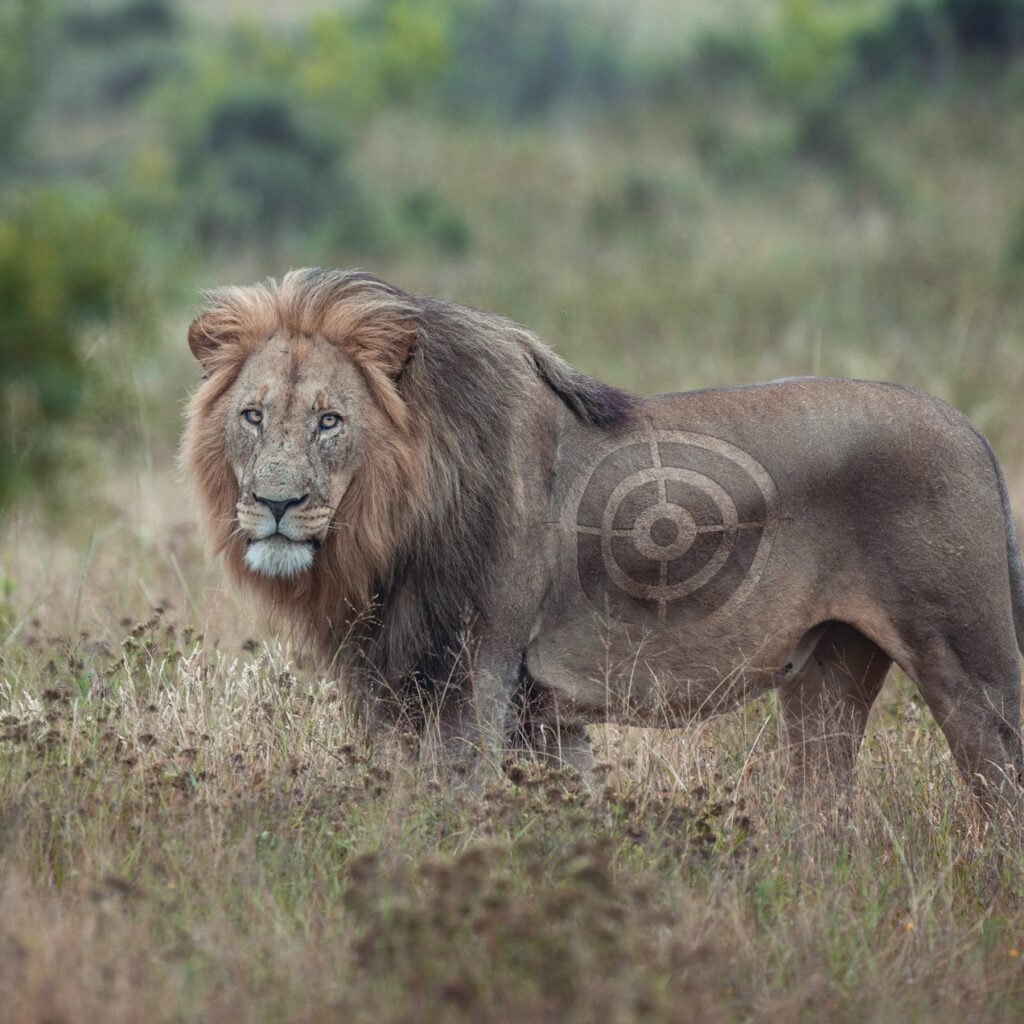
In the wild, we are working in protected areas to reduce conflict between humans and lions. If a lion kills a farmer’s livestock, then they will kill the lion in revenge. We have created a community corral, where there is a fence among the traditional one of thorn branches. It is 97 per cent effective in stopping lion attacks on livestock and has created an atmosphere of greater tolerance from the farmers.
The number of wild lions in Kenya is up by 25 per cent over the last decade which is a great result.
The Ethicalist: Has caring so much about animals stopped you eating meat?
Will: I’m a vegetarian teetering on veganism. We have become so disconnected from our food. What we see in supermarket aisles is dismembered animals in cellophane but the labels don’t recognise that. They don’t tell us what the meat really is. It says mince, for example, and so there is no correlation between the label, the real animal and the slaughtering process. It’s been a natural progression for me and my family to abandon eating meat. As humans we have a choice to reduce our footprint and to help the planet.
The Ethicalist: What about climate change?
Will: We are in an absolute crisis. Animals play a crucial role and we need to protect our forests. Elephants are the gardeners of our forests. They make forests more dynamic and they then sequester seven per cent more carbon. So elephants should be left alone in the forests and that in itself would help the planet.
The Ethicalist: Tell us about the Year of the Lion – what are you doing?
Will: This year would have been my dad’s 100th birthday and so we wanted to honour him while raising awareness and funds.
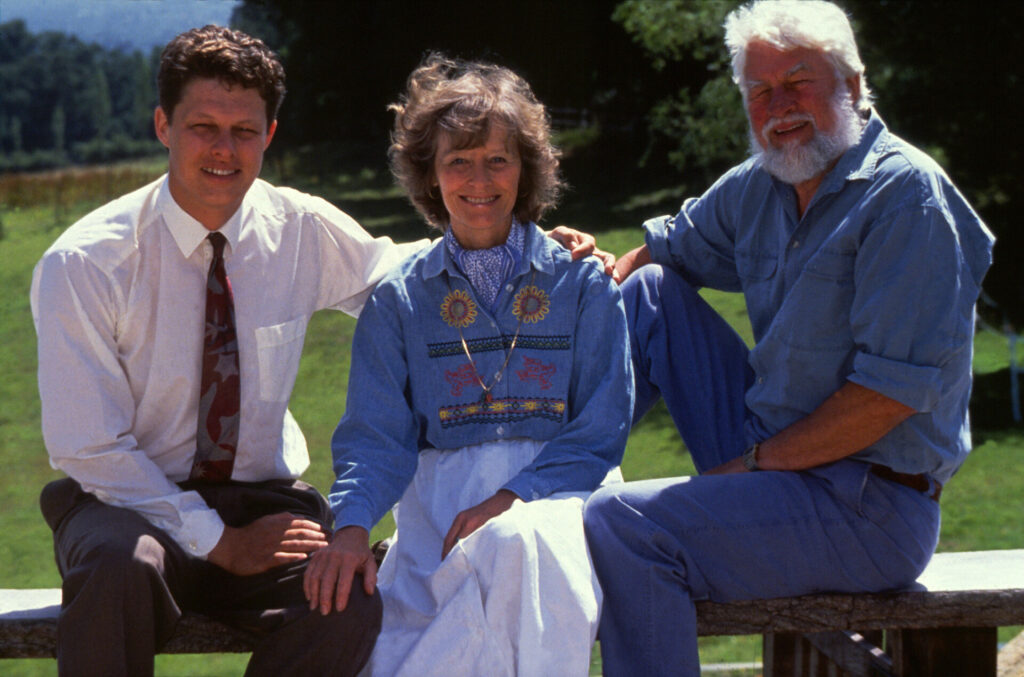
We have our Born Free Forever touring exhibition going around the UK. It is a pride of life-size bronze statues of lions with cubs, adult lions and pairs. There is a lion and lioness called Virginia and Bill after my parents and another pair called Joy and George. All of the lions are for sale – a cub costs around £15,000 plus VAT while a pair is £130,000 plus VAT. All the money raised helps care for our rescued lions, with our costs around £2 million a year at the moment.
We’re having a gala night, called the Mane Event, which my mother will come to, where we will have a live auction of lion-related lots people can bid for from everything to naming a cub through to buying a monitor for one of the lions in Kenya and a statue. It’s going to be an amazing night and will help the Born Free Foundation to rescue even more big cats. My dad would have loved it.

